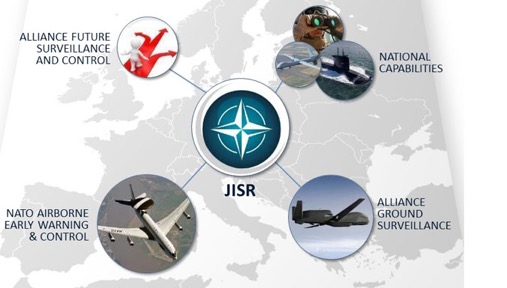U.S. Senate Bill Requires Fixed-Price JSF Contract
The defense authorization bill passed by the U.S. Senate Armed Services Committee on June 16 requires a fixed-price contract for the next F-35 Joint Strike Fighter (JSF) buy, forcing the contractors to absorb any cost overruns.
The Senate panel met throughout the week behind closed doors marking up the authorization bill for 2012. Details of the markup were released in a June 17 email from the committee.
“The bill contains a unique requirement that the low-rate initial procurement contract for the FY11 lot of the Joint Strike Fighter (LRIP-5) program must be a fixed-price contract and the contract must require the contractor to absorb 100 percent of costs above the target cost,” the committee’s statement said.
With lot 4, the Pentagon converted from a cost-plus, award-fee plan to a fixed-price, incentive-fee deal. It is negotiating the LRIP 5 buy with prime contractor Lockheed Martin.
If included in the final bill passed by both chambers, the Senate committee’s amendment would make using a fixed-price contract legally binding.
The bill fully supports the Pentagon’s budget request for procurement of the aircraft, allocating $3.2 billion for the Navy and $3.7 billion for Air Force’s JSF buy. The Pentagon plans to buy 32 JSF aircraft in 2012: 19 for the Air Force, seven for the Navy and six for the Marine Corps.
The JSF program is under intense scrutiny by Pentagon leadership due to dramatic cost overruns and production delays. Defense Secretary Robert Gates put the Marine Corps variant on a two year-probation earlier this year.
A Defense Acquisition Board review that would have established a new cost baseline for the F-35 has been postponed until the fall, according to JSF program executive officer Vice Adm. David Venlet.
The review had been scheduled for late May, and then was rescheduled for mid-June.
By KATE BRANNEN

